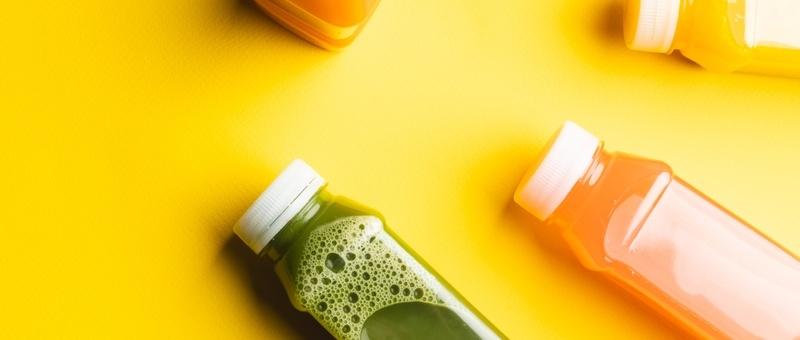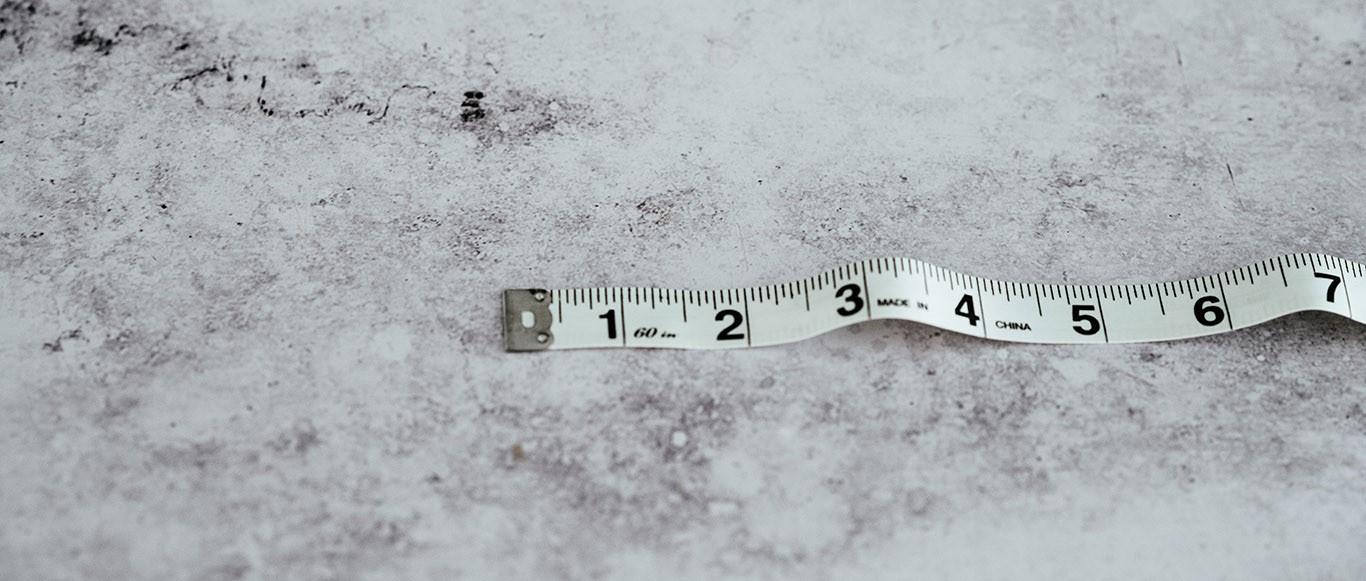
Pourquoi vous n'avez pas besoin de vous désintoxiquer
Révision par les pairs par le Dr Colin Tidy, MRCGPDernière mise à jour par Victoria RawDernière mise à jour : 14 mai 2025
- TéléchargerTélécharger
- Partager
Les régimes détox et les nettoyages, souvent soutenus par des célébrités, promettent une perte de poids significative en peu de temps. Mais cette solution rapide vaut-elle mieux que d'aller à la salle de sport et de travailler dur ?
Dans cet article :
The simple answer is no. Instead of focusing solely on extremely low-calorie consumption, you should consider the crucial role your brain plays in regulating body weight.
Dr Jason McKeown, visiting scholar in Neuroscience at the Center for Brain and Cognition, University of California, San Diego says that most traditional methods of dieting and detoxing - such as juice detoxes, cabbage soup, eliminating carbs - are ineffective long-term.
"When people stop dieting, this will all almost certainly lead to significant 'bounce back' - with some regaining all of the weight they have just lost," he explains. "Ultimately, your brain automatically controls what weight we need to be, so doing an intense detox for a few weeks almost never leads to any meaningful weight loss in the long run."
During a detox diet, whole food groups are cut out while caffeine, alcohol, sugar and processed foods are restricted. Most of the weight lost will be water, stored glycogen and waste products, and most - if not all - of the weight will be regained once returning to 'normal' eating habits.
Poursuivre la lecture ci-dessous
Is detox necessary?
Scientific evidence suggests that detox diets and cleanses are neither necessary nor valuable. Your body is perfectly capable of eliminating unwanted contaminants. Your liver, kidneys and digestive system, and enzymes in cells, are continuously breaking down toxins and internal waste.
Dr Tuya Chuluuntulga, a GP based in London, UK explains that your body has a robust cleansing system to help you get rid of metabolic waste and harmful toxins.
"When we chew food, amylase enzymes produced by saliva help to break down carbohydrate," says Chuluuntulga. "Proteases break down protein in your stomach and small intestine. Lipases break down fat and oil in your small intestine. These digestive enzymes break down nutrients into small soluble molecules that can be absorbed.
"A variety of waste products are filtered by your liver. Your kidneys remove waste and toxins from your body. The colon reabsorbs fluids and gets rid of food left over after the nutrients are absorbed from it and other waste. We don't need to detox because it doesn't offer any clinically proven health benefits."
Chuluuntulga adds that not only are detox diets unsuitable for people with certain medical conditions - such as cancer, diabetes, and those with weakened immune systems - they could also harm your health.
"There is no research providing evidence they improve health outcomes such as blood pressure, or cholesterol," she says. "Nor is there evidence to suggest they have a long-lasting effect on weight."
Sélection de patients pour Obésité et perte de poids

Santé générale et mode de vie
Que faire si votre poids vous décourage ?
Avez-vous parfois l'impression d'avoir passé la majeure partie de votre vie d'adulte au régime ? Si les programmes de perte de poids les plus populaires connaissent un succès initial, les kilos reviennent hélas souvent. Vous risquez alors de vous en vouloir et de vous sentir déprimé.
par Sara Lindberg

Santé générale et mode de vie
Calculateur d'IMC
Ouvrez le calculateur d'IMC. L'IMC (indice de masse corporelle) est une mesure permettant aux adultes de vérifier dans quelle catégorie leur taille et leur poids les placent - insuffisance pondérale, bonne santé ou surpoids.Le calculateur vous donnera une idée de la façon dont votre poids se situe par rapport aux valeurs courantes. L'indice de masse corporelle (IMC) est calculé en divisant le poids par le carré de la taille ou IMC = poids/taille2.
Safety concerns
Furthermore, some detox diets are extreme and if followed for long periods can have negative effects on your body.
Ils peuvent se présenter sous la forme suivante
Nutritional deficiencies.
A lack of energy.
An increase in food cravings - due to food groups being restricted.
Unhealthy eating patterns and behaviours.
Embarking on a new diet, even a detox, forces you to evaluate your diet, while also being more motivated to increase the amount of fruit and vegetables you eat, drink more water, and cut down on junk food, alcohol and caffeine.
These are, however, long-term efforts and should become part of a healthy eating regime. They are not a quick fix to weight loss.
Chuluuntulga says: "There are healthier ways to achieve your target weight - such as adopting a healthy lifestyle.
"It is important to nourish and maintain your body's robust self-cleansing system with a balanced healthy diet, regular exercise, adequate fluid intake, sufficient sleep and a positive mindset."
Poursuivre la lecture ci-dessous
A more effective alternative
Taking a long-term approach that allows your brain to adjust to weight loss is widely recommended.
McKeown advises you maintain a slow and healthy weight loss, through moderate changes to your lifestyle.
Il peut s'agir de
Better nutrition choices.
Modest physical activity - such as a brisk walk a few times a week.
"These are much more sustainable and therefore less likely to lead to rebound weight gain," he explains.
Detox diets claim to help eliminate toxins from your body and aid weight loss while also promoting health and wellbeing. However, there is no clinical evidence to support such claims.
While they might help in the short term, the reality is that any weight lost during detox is likely to be regained once you return to your normal eating habits. Instead, doctors and nutritionists recommend a long-term approach to weight loss which allows your body and brain to adjust to a healthier lifestyle - including a diet rich in fruit and vegetables with regular exercise.
Historique de l'article
Les informations contenues dans cette page ont été évaluées par des cliniciens qualifiés.
Prochaine révision prévue : 15 mai 2028
14 mai 2025 | Dernière version
2 Jan 2019 | Originally published
Auteur: :
Kerry Taylor-Smith

Demandez, partagez, connectez-vous.
Parcourez les discussions, posez des questions et partagez vos expériences sur des centaines de sujets liés à la santé.

Vous ne vous sentez pas bien ?
Évaluez gratuitement vos symptômes en ligne